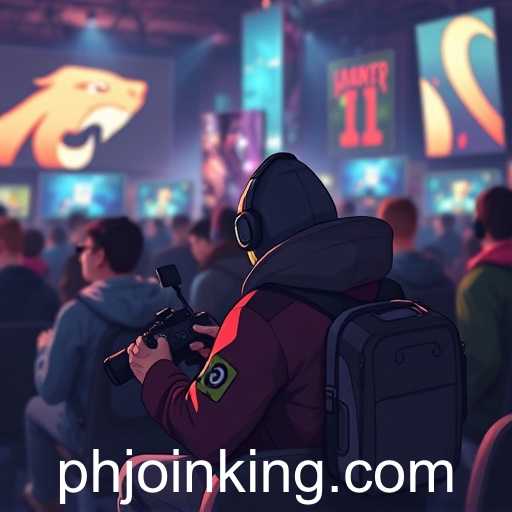In recent years, the online gaming industry has experienced unprecedented growth, with platforms like 'phjoin' leading the charge in transforming how players from around the world connect and engage. This surge is fueled by technological advancements, shifting consumer preferences, and the increasing accessibility of high-speed internet.
'Phjoin' has become a focal point for gamers seeking interactive and immersive experiences. The platform not only provides a wide array of games but also fosters a strong community spirit, allowing players to form deep connections through shared interests. Such environments underscore a growing trend in the gaming world where community-building takes precedence, aligning with broader societal shifts towards digital engagement.
Amidst these developments, stakeholders in the gaming industry are grappling with both opportunities and challenges. The flexibility of online platforms allows for innovative game design and delivery, broadening audiences and increasing revenues. However, issues such as privacy concerns, the potential for online harassment, and addiction—an increasing worry for players and parents alike—pose substantial threats that companies like 'phjoin' must navigate carefully.
Moreover, as the year progresses, regulatory frameworks around digital gaming continue evolving. Many governments are examining the impacts of these platforms on mental health and social dynamics, leading to calls for stricter guidelines and policies. These changes represent both a challenge and an opportunity for gaming platforms to demonstrate their commitment to responsible gaming and user safety.
As 'phjoin' and its contemporaries continue to innovate, they play a crucial role in shaping the future of digital entertainment. They are tasked not only with providing exhilarating gaming experiences but also with ensuring that their platforms remain inclusive, safe, and sustainable for a diverse global audience, setting benchmarks for the industry at large.








